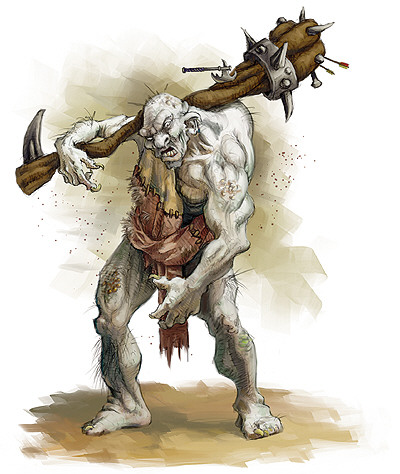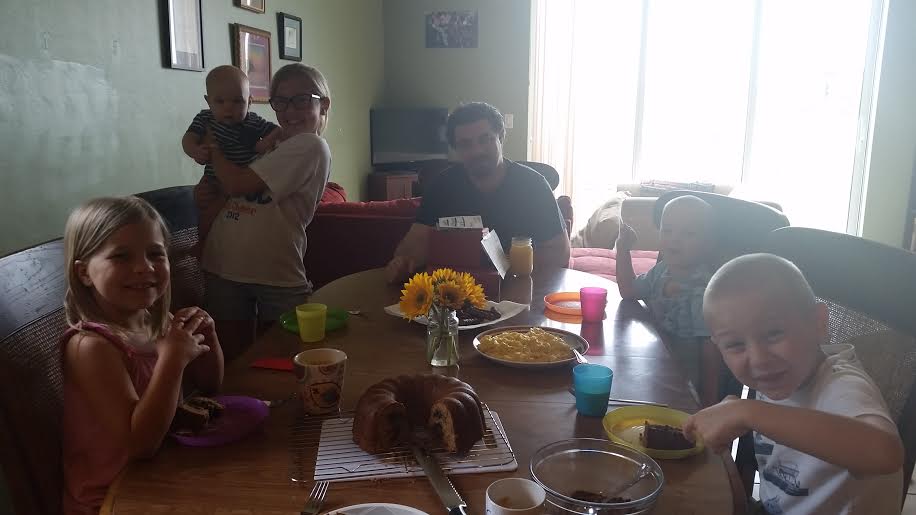When the Patheos book club announced that Sheridan Voysey’s Resurrection Year was available for review, I was a little skeptical. To be honest, I shy away from the topic of infertility. It’s one that I know almost nothing about, and the little bit I do know about it is just enough to make me think I can open my mouth and say something phenomenally unhelpful. To be really, uncomfortably honest, I have a weird little secret resentment towards couples suffering from secondary infertility, mostly because that seems like it would be such a divine, blissful gift at this point in my life. So it’s hard for me to read stories about infertility with anything resembling empathy.
However, the opening of the book hooked me right off. The writing is good when Voysey is recounting he and his wife’s struggle with infertility. He doesn’t dress it up. He tells the story like it happened to them, not lingering too much or trying to overemphasize the pain and suffering with purple prose. As a result, the story is poignant. The pain comes through. The recounting of their last, failed attempt at IVF brought me to tears, wrapping up the first section of the book and bringing them back where they were when the book opened, in a car in the rain on Christmas.
It was the next section, the story of their Resurrection Year, the dark night of the soul they journeyed through and the sun breaking through again on the other side, where I felt the book stumble a little. Part of it was just the subject matter itself. Their struggle with infertility was just the spring-board for their headlong plunge into the age-old struggle of reconciling faith in God with suffering. I was fascinated with the way Voysey was grappling with it…not in theoretical, philosophical, or theological terms but in personal ones. The book didn’t take us through how the two of them worked through the question of suffering intellectually, although there was a little of that. But really it was about how they came to accept suffering in their everyday lives. They didn’t work through the problem of evil, and thank God for that. It’s been done over and over, by a million brilliant minds. But the book shows the Voyseys doing something that we all have to do, sooner or later. They lived through it. They faced the suffering and carried on, with their faith in God bent a little but never broken. It’s a beautiful story, and one that I think I would have loved if I had gotten to know them a little better.
At the end of the book, though, I had really mixed emotions. I loved what Voysey was trying to do with the book. I loved, loved, loved the fact that there was no fairy-tale happy ending tale of miraculous adoption or miraculous conception. I loved that the book was real, that it was about two people trying to keep faith in God in the midst of the reality of life. I can identify with that, even if the particular circumstances of our trials couldn’t be more different. But I also closed the book feeling frustrated. I felt like I never actually got to know Sheridan and Merryn. I mean, I knew their history, their struggle with infertility, their professional interests, their theological leanings, their Australian origins, and that they settled in Oxford. But that’s not who they are. I felt like I got a great outline of them, but none of the little things that give life and color to characters on the page. If those things are important in fiction, it seems to me that they are doubly important in a memoir, where the driving interest is not a narrative arc but a connection to the memoirist, an affection for them and a desire to see where their life leads. Towards the end, Voysey mentioned that his wife has brown hair, and I clutched onto that like a drowning person. Brown hair! One tiny detail! But still, I didn’t know Merryn. I could tell you a lot about her life but nothing about who she is, if that makes sense. What kind of wine she likes, what makes her laugh, what quirks she has, what her hobbies are, what irritates her about her husband. Same with Sheridan. I really wish those things were in there, that I had been able to come to know the Voyseys through the course of the book, so that at the end I could have closed it with satisfaction and a sense of fullness. Their struggle was a personal one, and I think the telling of it has the potential to really impact others who struggle with any kind of suffering. But for such a personal story, the book was oddly impersonal, and I think that was a great loss.
It occurs to me now, though, that perhaps that was the whole point. Perhaps Sheridan Voysey intentionally left the personal details, the subtle nuances, out of his book to give it a sort of Everyman feel. Maybe the lack of personal detail was part of his mission, to allow the readers who also struggle with infertility to enter into their struggle, and in doing so, to find hope. If that was the intention, then, I can’t say whether it succeeded or failed. I know that I didn’t feel like I went with them on their journey; I was always held at arm’s length, always watching their struggle, but never really entering into it. I just don’t know for certain whether that distance was through my fault or theirs. Regardless, though, I wish it hadn’t been there. I wish I could have known them better, understood their journey more, and felt the hope at the end with something more like communion. As it is, I tip my hat to them, wish them well, and go on with my life, impacted neither for good or ill by their journey. It is a journey I wish I knew less about, but had seen more of. For me, that will always be the crux of good writing.
.
(To read more Patheos reviews of Resurrection Year, visit the Patheos Book Club. To buy the book, visit Amazon.)











